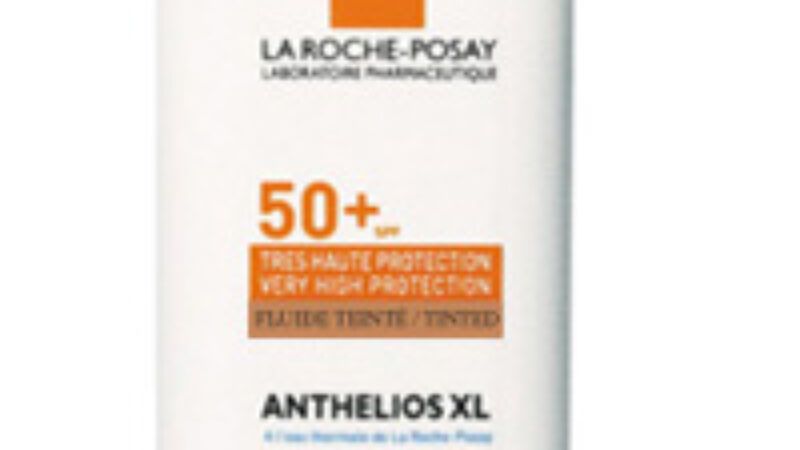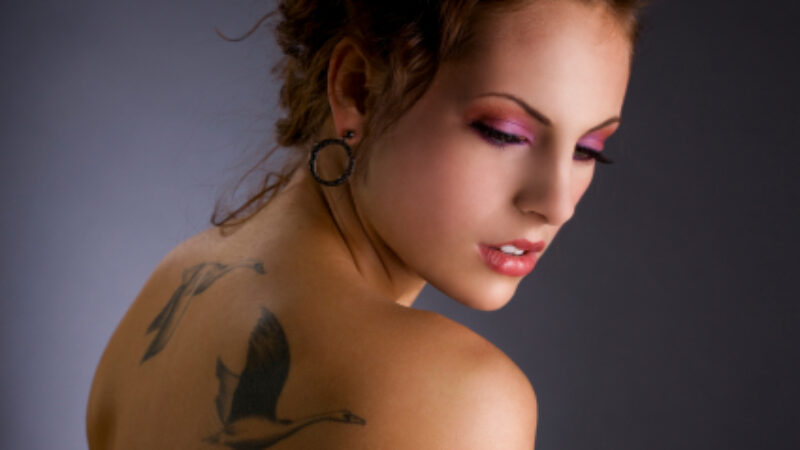Everyone knows that having healthy skin at any stage in life takes more than just luck. A combination of daily maintenance like cleansing and moisturizing, topical treatments like retinoids, antioxidants and sunscreen, and positive lifestyle choices all contribute to achieving the skin you want. You may want to consider adding biotin supplements as part of those efforts.
Biotin, also known as vitamin B7, is part of the complex B vitamin family and is recognized as one of the most important nutrients to nourish healthy skin as well as hair. Biotin strengthens keratin, the protein that makes up hair and skin and is so essential that biotin is also known as vitamin H, from the German “haar und haut”, meaning hair and skin.
In addition to supporting the infrastructure of keratin, biotin is also key in helping the body process glucose, in metabolizing fats and proteins and in the proper functioning of the nervous system and, in turn, hormone function. It’s no secret that hormone level fluctuations during menopause can have a significant impact on the skin and hair. Dry skin and hair loss are both common symptoms that can accompany a decline in estrogen levels.
Although the addition of biotin in shampoos and cosmetics has become popular, biotin itself cannot be absorbed topically. And although biotin deficiency is not common, low levels of it can cause hair loss, rashes, eczema, psoriasis and dermatitis. Biotin is widely available and is best obtained through food such as:
- Bananas
- Peanuts
- Eggs
- Avocado
- Oatmeal
- Rice
- Walnuts
- Whole grains
- Beans and legumes
If you choose the supplement route, it’s best to take it after consultation with a knowledgeable health care provider for adequate dosage.




